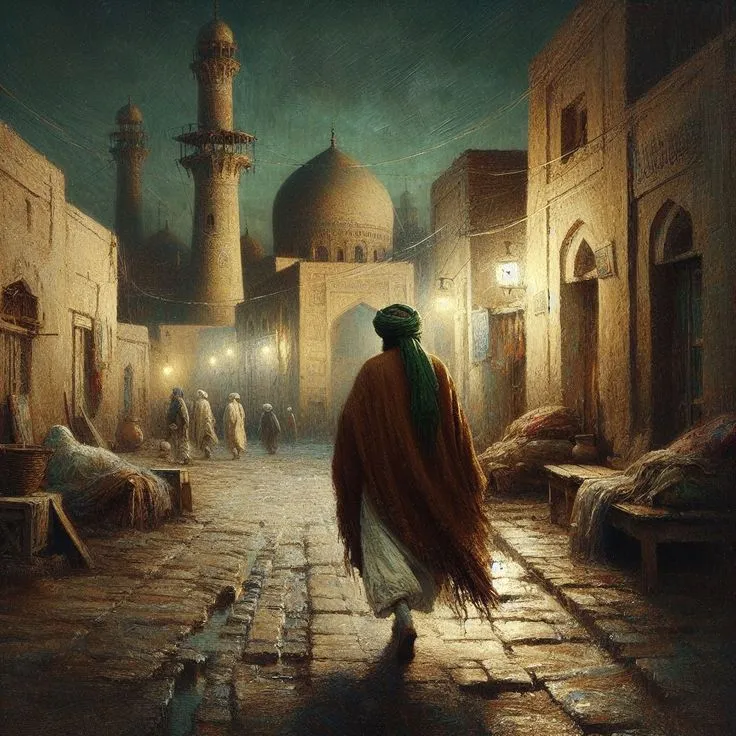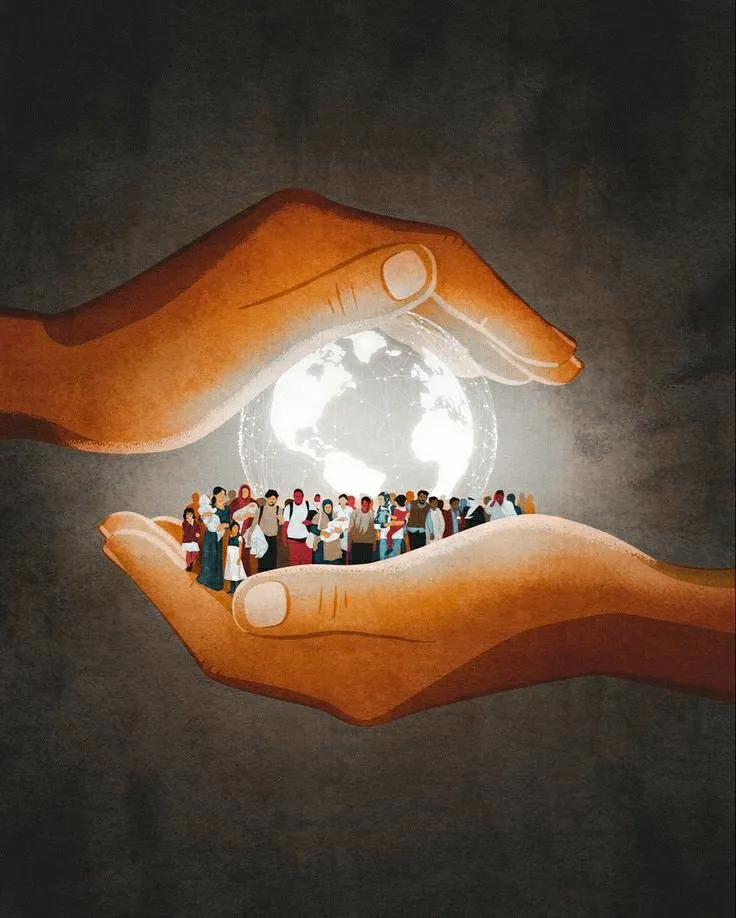One of the core tenets of Islam is equality, which emphasises how all people are one under their Creator, Allah. According to this divine precept, all people are created equal in value and dignity, regardless of their race, ethnicity, gender, or socioeconomic standing. Islam promotes respect and understanding between people and condemns discrimination in all its manifestations.
The Basis of Equality in the Quran
The Quran is a strong foundation for the idea of equality, as it says:
“O humanity, We created you from a man and a female, and you may be familiar with each other as peoples and tribes. Indeed, the most virtuous among you is the most noble in Allah’s eyes. (Quran 49:13)
Two important elements are emphasised in this verse:
1.The fact that all people come from the same place represents their common humanity
2.Superiority is founded on piety (taqwa) and good acts rather than race, nationality, or ancestry.
Equality in Action: The Example of the Prophet Muhammad
In both his words and deeds, Prophet Muhammad ﷺ embodied the equality taught in the Quran. He treated everyone fairly and with respect, and he opposed racial and tribal biases. His personal friendship with Bilal ibn Rabah, a liberated slave of African heritage, serves as a moving illustration. In order to show that dignity in Islam is based on faith and character rather than social designations, the Prophet ﷺ boosted Bilal’s rank by designating him as the first mu’azzin (called to prayer).

A Proclamation of Human Equality in the Final Sermon
Prophet Muhammad ﷺ stressed equality in his last sermon, saying:
“O people, your father and your Lord are one. Adam was made of dust, and you are all descended from him. Arabs are not superior to non-Arabs, and non-Arabs are not superior to Arabs; white people are not superior to black people, and black people are not superior to white people, unless they are pious.
By reminding believers of their common ancestry and responsibility to Allah, this important message established the groundwork for an inclusive and equitable society.
Diversity Promotes Unity
Islam respects variety as an expression of Allah’s creative might. Language, cultural, and physical differences are not intended to cause division but rather to enhance interpersonal relationships. The Quran exhorts people to value and benefit from these distinctions:
The creation of the world and heavens, as well as the variety of your languages and colours, are examples of His signs. Indeed, there are indications for knowledgeable people in that. (Quran 30:22)
Taqwa’s Function in Equality
Although all people are created equal, taqwa, or awareness of Allah, determines a person’s spiritual standing before Allah. The Islamic view of equality is extremely moral and global since it guarantees that no outside force may diminish a person’s value.
Contemporary Takeaways From Islamic Equality
The Islamic ideal of equality provides timeless wisdom in a time when racism, nationalism, and inequality are still prevalent. It motivates us to:
-Show respect and decency to everyone.
-Reject prejudices based on external differences.
-Strive for justice and fairness in all interactions.
In conclusion
Islam’s emphasis on equality serves as a reminder that, in Allah’s eyes, all people belong to the same family. Societies can promote harmony, unity, and respect for one another by adopting this idea. The quality of our actions and the purity of our hearts are more important in Allah’s eyes than material wealth, social standing, or race.


